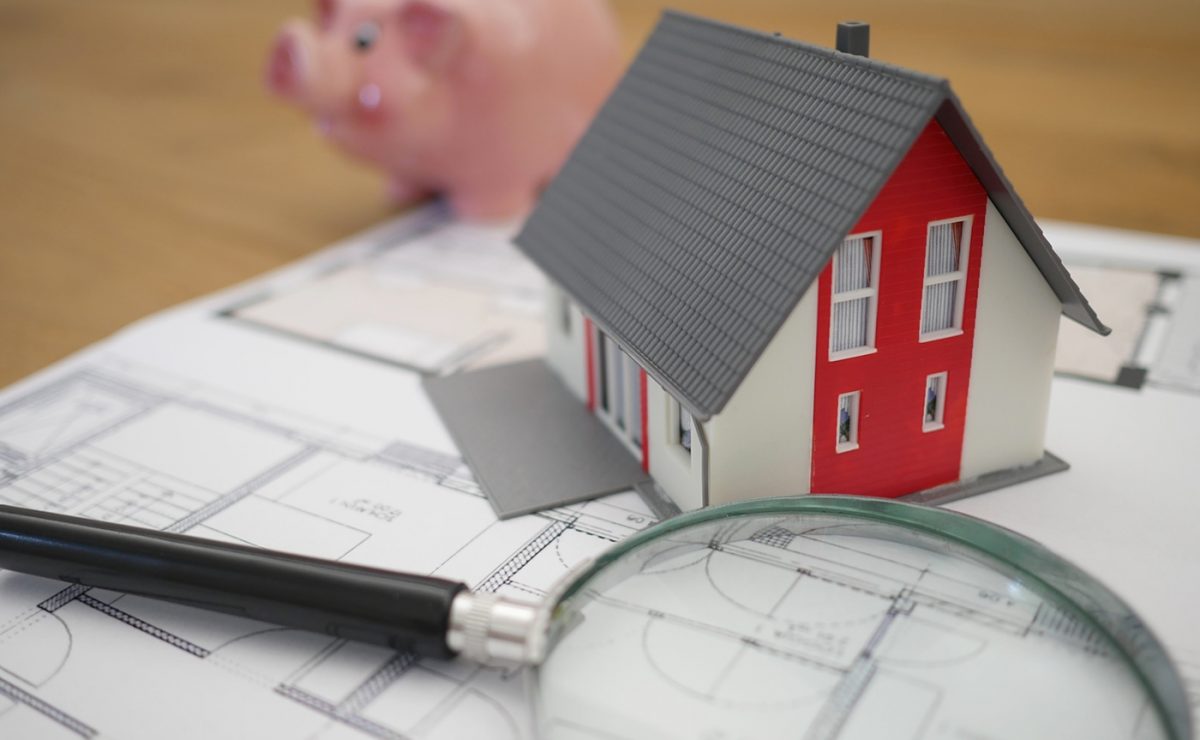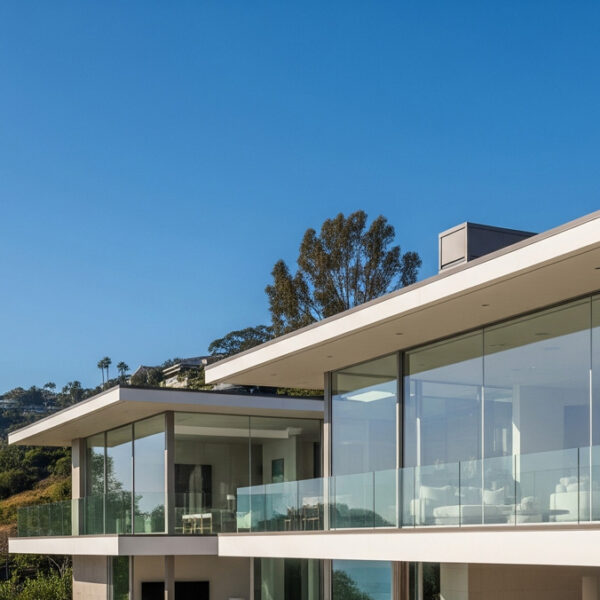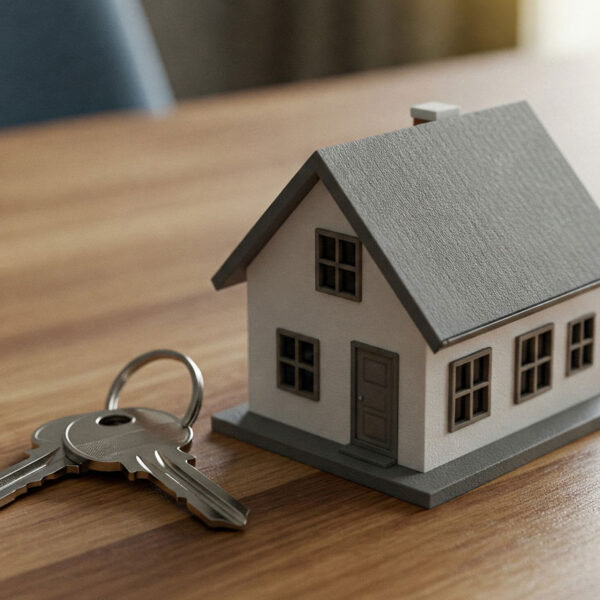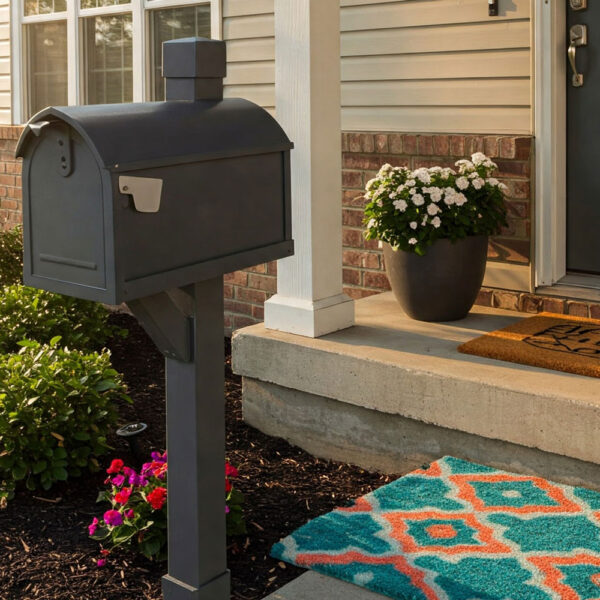As one of the top agents in the area, having sold in the 100s of Millions in property –
I have found that this question is one I get asked a lot! Real estate can be a valuable part of your investment portfolio, and there are several different ways you can do that. I’m going to talk about a few of the more popular ways to start investing in real estate:
- You can flip homes – this is actually the way I got into real estate. It’s pretty self – explanatory – you find a house that need work in an area that people want to live in, buy it for a lower price, put some money into it and fix it, and sell it for a higher price, hopefully making an exponential return on the money you spent to fix it! The goal is to get in and out as quickly as possible
- You can build new homes or do a ‘value’ add build – this is different than flipping because it takes more time due to permitting with respective cities. The basic principle is simple, though – find a small house on a big lot. If the house is not at all salvageable, you can tear it down completely and start fresh, maximizing the amount of house you can put on the lot and maximizing your return. IF the house is somewhat salvageable, you can add to it, still maximizing what you can put on the lot and thereby maximizing your return. You have to keep in mind though the amount of time it will take before you can start building into your “carrying” or “holding” costs. This can eat into your profit margin pretty significantly, especially if you are using financing and leveraging the property heavily. If you are smart about it, though, your returns can be quite large! Think about it – you build at 300$ a square foot in an area that sells at 900-1000$ a square foot.
- You can buy income property – whether it is a single-family home that you plan on renting, 2-4 units, or 5 plus units, income property can be a great addition to your portfolio. For those interested in building their real estate portfolio, I typically suggest that you get as many units as you can that maximize the return on your investment. It is important to figure into your return items such as expenses, taxes, maintenance, potential vacancies, and insurance to name a few. It is also important to analyze whether it makes sense to leverage your money and if so how much. Remember that the rent is income, but so is the appreciation of the property, which is increasing your equity. A smart income property purchase can help give you a passive income stream if you plan it out correctly! This is typically a long-term investment or a buy-and-hold investment.
You can become an equity investor either on your own or as part of a larger group of people. This basically means that you are part of the “bank” backing either a flipper or builder. Depending on the investor partnership, you can sometimes do this with very little money – turning you into a real estate investor without actually purchasing real estate!













